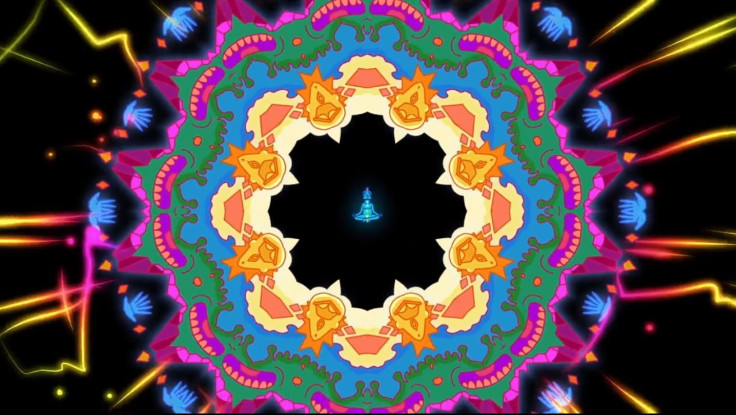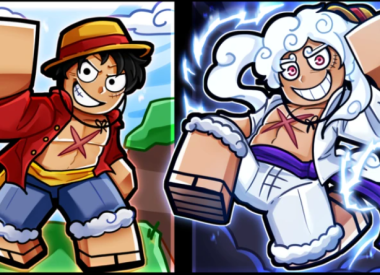The most recent episode of Rick and Morty, “The Whirly Dirly Conspiracy,” ends on a drug trip that both participates in the psychedelic visual tradition and builds upon the introspective qualities shaping Season 3.
Thanks to the war on drugs, entheogens and related psychedelics haven’t been subject to the same battery of experiments and research that other promising psychotherapeutic compounds receive. Into this empirical gap has crept a combination of pop mythology and artistic interpretation, inspiring both a culture of recreational psychonauts and the ubiquitous movie and TV “trip” sequence, wherein a character experiences a psychedelic journey across time and space, coming out the other end changed, the drugs serving as a perfect excuse to build visual metaphors for psychological experiences.
After Morty and Summer seek violent distraction from their broken family in “Rickmancing the Stone,” the follow-up, “Pickle Rick,” got even more explicit, placing Beth and Rick under the scrutiny of coprophagia expert and family therapist Dr. Wong (Susan Sarandon). But while Dr. Wong gave Beth new clarity into her relationship with Rick, and Rick a sense of his philosophy’s limitations, “Pickle Rick” leaves Jerry out in the cold. When we last saw him, even the wind was calling Jerry a loser and stray dogs were bullying him.
In “The Whirly Dirly Conspiracy” Jerry and Rick visit a theme park where death is supposed to be impossible, though they soon find a way after Jerry entangles them in an alien assassination plot aimed at Rick. In retaliation, Rick brings Jerry to perhaps his lowest point, telling him, “you act like prey, but you’re a predator. You use pity to lure in your victims, that’s how you survive.”
Originally concerned that Jerry is near to suicidal, Rick’s impatience with him eventually becomes a callousness that it’s hard to imagine Jerry recovering from. Even after Rick cuts him from the belly of a carnivorous worm, a symbolic rebirth, Jerry looks adrift, with only his dank, rotting apartment waiting for him on the other side. That is, until Jerry experiences one of the most psychedelic drug trips in animation history, joining Fantastic Planet, Dumbo and Cowboy Bebop and topping Fart’s hallucinatory “Goodbye Moonmen” song from Season 2.
“I’m time, I’m literally time,” Jerry says during their “cosmic apotheosis” as his chakras glow in eternal repose. Though Rick downplays the aftermath of the trip and compares the experience to salvia, both “The Whirly-Dirly Conspiracy” and recent scientific research suggests that Jerry might be changed for the better after his psychedelic experience.
Data from the annual National Survey on Drug Use and Health in the United States published by the Department of Health and Human Services back in 2013 revealed that users of LSD, psilocybin, mescaline and peyote experience “lower rates of psychological distress, mental health treatment and psychiatric medication prescription.”
The Multidisciplinary Association for Psychedelic Studies is working to confirm and expand on early research that found MDMA could treat PTSD, Ayahuasca can treat substance abuse and LSD’s usefulness in treating anxiety and even preparing terminally ill patients for death. One study even found that psilocybin, the hallucinogenic chemical in “shrooms,” can permanently alter a person’s personality, making them more open and imaginative, with effects continuing more than a year after a single high-dose session.
In the first episode of Rick and Morty Season 3, Rick destroyed both the intergalactic government and the council of multi-dimensional parallel Ricks aligned against him, altering the future of the galaxy and cementing his power over the Smith family. Every episode since has been dramatically opposite the season’s consequential opening, as each character works out his or her internal shit, searching for their own meaning in the new status quo built from Rick’s rubble. The end of “The Whirly Dirly Conspiracy” suggests that even Jerry can make a positive change in his life, setting out upon a new path for himself, thanks in part to the psychotherapeutic possibilities of psychedelic experience. Yay drugs.



















